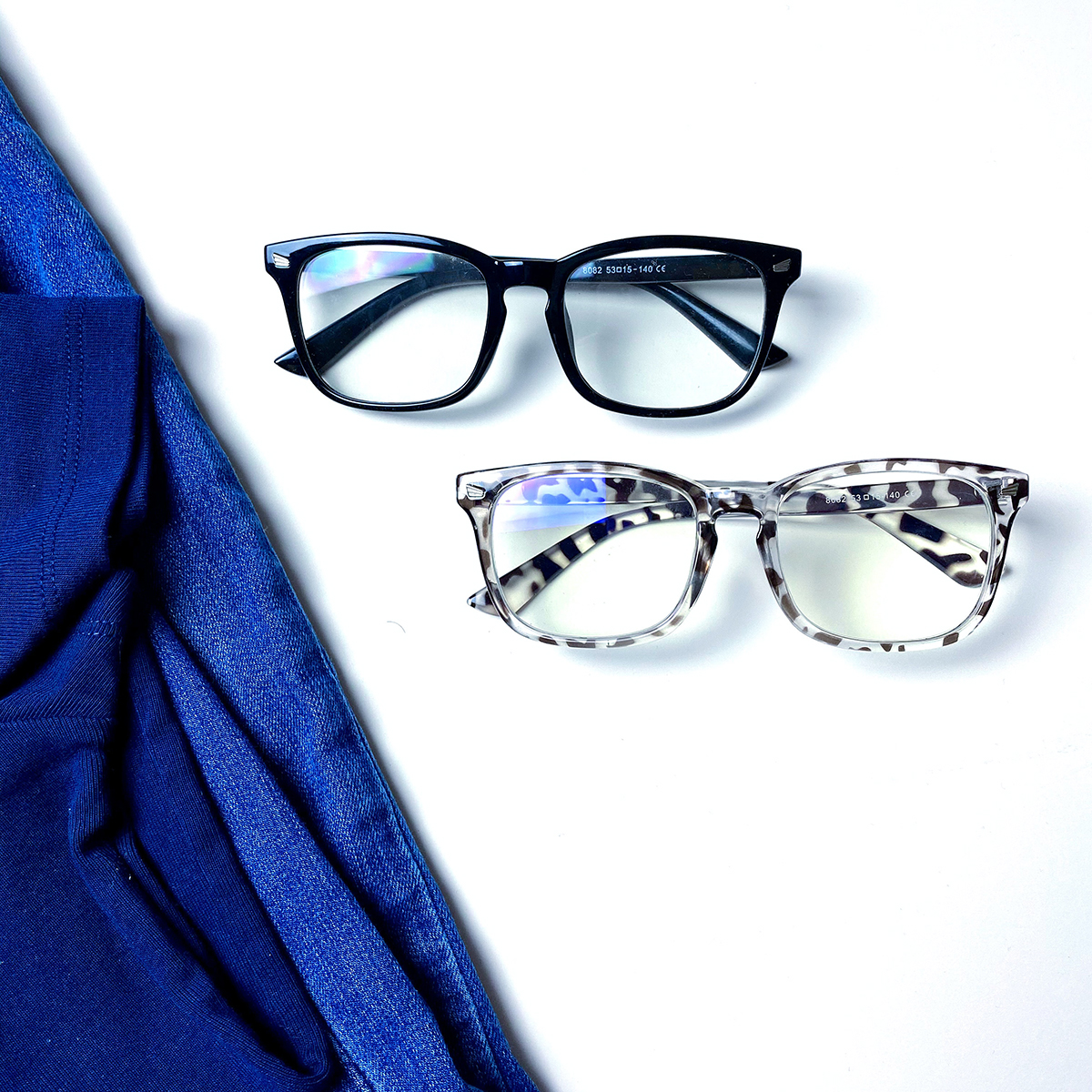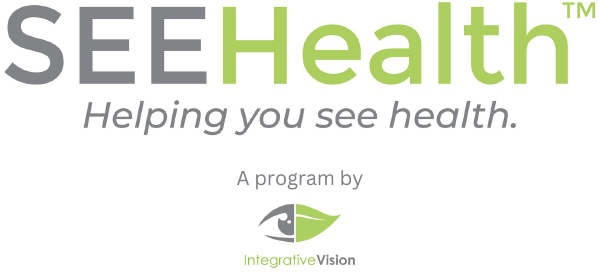Any time your vision changes and doesn’t immediately clear up, you immediately start to worry. Eyesight’s one of your most important senses, and the thought of it worsening, or losing it, causes concern.
Cataracts, a normal aging change in the lens of your eye, causes blurry vision. It’s one of those eye conditions that can creep up on you. All of a sudden, one day, it’s harder to drive or read your favorite book.
At your local Shrewsbury optometry office, we want you informed on the options you have when it comes to treating your cataracts. We always let you know the standard treatments, but at Integrative Vision, we go beyond that with holistic approaches.
Today we’re diving into why cataracts happen, symptoms, and supplement options to support your vision.

What Causes Cataracts & Risk Factors to Be Aware Of
Most people just say, “I have cataracts,” because who wants to get into the details…
Integrative Vision does! And we know you do too. It’s helpful to understand different parts of your lens and what a sudden change can mean.
3 Types of Cataracts:
- Nuclear: the center portion of your lens. For severe or long-term cataracts, you may even notice a gray or brown color in the center of your eyes.
- Cortical: surrounds the nucleus (or center).
- Posterior Capsular Cataract: found on the back portion of the lens. If you’ve had a sudden change in vision, this type can develop faster than the rest (from diabetes, injury, or medication).
All three represent specific areas of your eye lens. Dr. Gioia grades each during your eye exam, and gains critical information on your lens health.
What causes changes in your lens?
It’s true that age encompasses the biggest reason for change. But, why? Simply put: Things start to work differently over time.
Think of your toothbrush. It works like magic the first 3-6 months, and then you notice the bristles wearing out.
A huge change in your body and specifically to your lens health — oxidation. Oxidation occurs when any chemical or substance comes in contact with oxygen.
Our complex eye lenses contain proteins, water, oil, and other substances that react with oxygen, leading to oxidation. Cataracts are a slow oxidation process. (This means you can do something about it, so keep reading!) It’s important to know risk factors and how to slow down the oxidation process.
- Age
- Diabetes
- Smoking
- Obesity
- High Blood Pressure
- Previous eye injury or surgery
Your overall health plays a large role in your eyesight and health. At Integrative Vision, we’re about promoting simple ways to support your vision.
Cataract Symptoms You May Notice & Treatment Options
Signs of cataract formation:
- Blurry or cloudy vision
- Colors seem faded
- You have trouble driving at night
- Lights or nightlights may seem brighter
- You notice halos
- Double vision
- You have to keep changing your glasses prescription
Each cataract symptom is a reason to come on in for a visit. Get reassurance and know where your cataracts stand. If you notice any of these symptoms, give our office a call at 732-389-2792.

When it comes to treatment, it truly depends on how much cataracts impact your daily life…
Are you avoiding night driving due to glare?
Do you struggle with enough light to read?
Or do you see perfectly fine?
Some people are told they have cataracts but don’t notice a thing, and guess what? That’s great! As the old saying goes, “if it ain’t broke, don’t fix it.”
If you’re at the point of needing cataract surgery, the most common way to remove cataracts, — our caring optometrist can get you to the right surgeon.
It’s nice to know how to support your eye health too, right? Let’s dive into supplements that protect your lens health.
Nutritional Supplements To Support Your Vision With Cataracts
It’s well established in the eyecare world that oxidation plays a role in cataracts. Oxidative damage occurs when the balance of antioxidants is off — leading to oxidative stress and free radicals. And yes, this happens in your eyes.
One way to combat oxidative damage and stress? Antioxidants! Their role and function protect against free radicals.
Let’s dive into three natural ways to support your lens health.

1. Vitamin C
Truly a miracle antioxidant, and your lenses love it. Numerous studies show the positive impact of increasing vitamin C or taking vitamin C supplements.
One study, in particular, looked at over 300 sets of twins and found that vitamin C protected against cataract progression — even up to 10 years after the baseline study. (Wow!) So, how does vitamin C help?
It limits the amount of oxidation, the natural chemical process that happens in your lens. With less oxidation, less damage and stress occur in your lens. (Take that, age!)
Who’s ready to go get a glass of orange juice?
2. Alpha Lipoic
Another powerful antioxidant. Alpha Lipoic prevents free radicals or reactive oxygen species (ROS) from negatively impacting your lens health.
Remember those proteins on our lens that react with oxygen? Alpha Lipoic was shown to produce an anti-cataract effect, preventing the destruction of precious cells your lenses need to keep seeing clearly. It fights off oxidative stress in your lenses. Amazing!
Where can you find alpha lipoic naturally? Red meats, carrots, spinach, broccoli, and even potatoes. Eat up and if you can, get organic or sustainably-sourced foods!
3. Glutathione (GSH)
The lens protector! GSH fights off free radicals and prevents cataracts from progressing. Imagine a tiny army in the front of your eye, ready for anything — that’s the antioxidant glutathione.
GSH pools in your lenses, meaning it collects there naturally. As you age, studies show these levels decrease, leading to cataract formation. By boosting your intake, you can refill those depleting reserves.
You can get GSH in your diet by eating kale, brussel sprouts, or cauliflower, or through supplements.
Other holistic options to help as your vision adjusts? Use brighter lights and larger print books. There’s no shame in aging. Your years of experience are a gift!
When You Choose A Caring Eye Doctor, You Don’t Have To Worry About Your Vision Anymore
Integrative Vision can safely manage cataracts until you need treatment. AKA, if you don’t notice issues or don’t want surgery, you don’t have to get it. Choose an eye doctor you trust in Seabright or Hockhockson to ease any concerns about your vision. We’re only a phone call or an appointment away to get answers and guidance you need.
We’re doing something different here — and we’re excited to offer our patients further information on managing cataracts with healthy food options and supplements.
As one of the nation’s only practicing functional medicine eye doctors, Dr. Gioia’s nutritional expertise provides added health benefits, for your eyesight and health!
Interested in learning more about how nutrition plays a role in your eyesight and health? Learn more about her SEEHealth program here, a unique 6-month nutrition program to optimize your overall well-being.
Dr. Gioia’s so passionate about empowering her patients about their health she created Eye Exam PlusTM — an added 25-30 minute personal consultation. After your eye exam, she’ll give you extra information on supplements and nutrition specifically for YOUR eye health!
Whether you think you’re developing cataracts, suffer from dry eye, or just need an eye exam, we’re here for you and your family.



